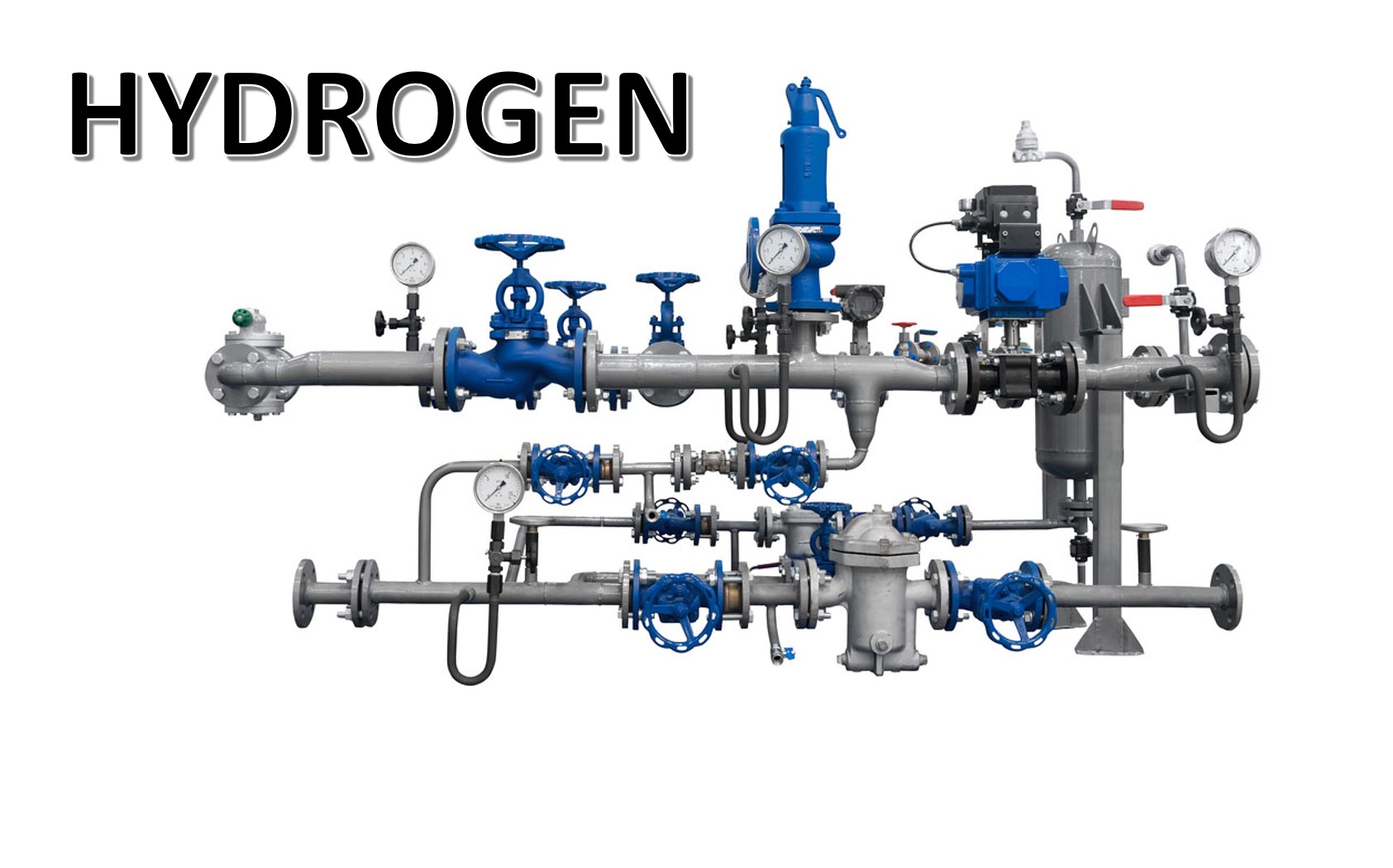Having just spent a week at Offshore Europe in Aberdeen and a week at the Global IECEX Conference in Edinburgh there is no doubt ‘Hydrogen’ is firmly on everyone’s agenda…. Apparently, the future is ‘Hydrogen’!
People who have been working in or around potentially explosive atmospheres will be aware that Hydrogen is nothing new…its just another ‘IIC’ Gas and we have been classifying hydrogen zones and certifying equipment for hydrogen environments for 30+ years. The use of Hydrogen isn’t new, but the number of areas that will be classified as IIC is increasing dramatically.
So- what is special about Hydrogen? Below is a very simplified list (I have tried to be as non-technical as possible!) just to make people aware of some of the issues with Hydrogen that may affect risk assessment, area classification or product certication.
- It’s very light, can pocket in ceilings and high areas. Gas detection positioning may be affected.
- It can leak more easily than other gases if not properly sealed and may cause embrittlement and other issues
- It is very easy to ignite with energy/sparks (very susceptible to static ignition for example)
- It has a very wide flammable range so mor of the ‘leak’ will be ignitable.
- It is very volatile (can detonate even in open air, produces very high pressures etc.)
Given this list, it’s fair to say that Hydrogen presents more of a ‘risk’ (in terms of both likelihood of ignition and consequence) than most other gasses, but that existing systems (ATEX, IECEX etc.) already take account of this for IIC Gasses.
There are also many new technical working groups working on Hydrogen specific standards, hydrogen fuel cells, hydrogen dispenser for example. In addition to new types of equipment there are many new retrofit issues (hydrogen generators forklift trucks etc.) which will have a knock on effect to the installed equipment.
Sites or processes that introduce Hydrogen as a new gas will need to reconsider the consequence analysis, classification and equipment EPLS as a minimum, even issues such as antistatic PPE may need to be considered.
Given that the use of Hydrogen is increasing dramatically, Certification Bodies will no doubt get more requests for IIC Certification. Equipment Manufacturers will need to be aware that in some case (intrinsic safety, flameproof etc.) Hydrogen certication can be far more difficult (or even not possible) for some types of equipment, so start early if you think you will be involved in the Hydrogen boom!
This article was written by Sean Clarke @ Exveritas


